In 2014, I was working in the marie claire beauty department when I interviewed Tracey Cunningham, Emma Stone’s colourist, for a seasonal story about hair trends. This was around the time that Stone was regularly switching between red, blonde and brunette hair, and my question to Cunningham was simple: with all those colour changes, how on earth had the actor’s hair not completely fried?
The answer: Olaplex.
That was the first time I heard of the brand, but now its luxury shampoos, conditioners and treatments sit in the bathroom cabinets of just about every beauty editor I know. In fact, Olaplex has upended the industry in a way that’s perhaps only comparable to ghd, which has become a byword for all hair straighteners, regardless of brand.
That’s because Olaplex has created its own haircare category – patented bond-building products that repair damaged hair – and no one else has even come close to achieving the same results (although some have certainly tried).
This hair wizardry doesn’t come cheap – make no mistake, this is a luxury hair brand – with each small white bottle of Olaplex retailing for $50. (And yes, this is shampoo and conditioner we’re talking about.)
But it really works. Olaplex has been hailed as a miracle product by those who regularly colour or heat-style their hair, and it’s loved by celebrities – like Rosie Huntington-Whiteley, Jennifer Lopez and Drew Barrymore – and non-celebrities, alike, including me.
I don’t chemically process my hair – I use Clairol box colour to cover greys – but I go through bottles and bottles of Olaplex’s N°6 Bond Smoother, a leave-in that minimises frizz and boosts manageability.
But don’t take my word for it; the real proof is in the numbers. When Olaplex was floated on the stock exchange last September, it was valued at $AUD22 billion, having reported $374 million revenue in the first half of that year – a staggering 171 per cent increase on the previous period.
Not bad for a company that launched just seven years ago out of a garage, surrounded by surfboards and lawn chairs, in California.
The founders of Olaplex are husband-and-wife Dean and Darcy Christal, who started the business in 2014. Dean, the son of a hairdresser and beauty distributor, was determined to create a product to repair damaged hair.
He was introduced to two chemists, university professor Dr Craig Hawker and his former student, Eric Pressly, and together they created a revolutionary molecule that offered the seemingly impossible: the chance to turn back the clock by reversing, and not just repairing, hair damage.
Hairstylists and salons have played a key role in Olaplex’s roaring success, according to Dean, who met A-list stylist Tracey Cunningham early on in the brand’s development.
I gave her a bottle of Olaplex and she used it on Gwyneth Paltrow and Jennifer Lopez. She told me she would never colour again without it.
“I was introduced to Tracey Cunningham by Lona Vigi, a mutual friend and celebrity stylist in Los Angeles,” he told Modern Salon. “After a 30-minute meeting one rainy night in Beverly Hills, I gave Tracey a bottle of Olaplex and she used it the next day on Gwyneth Paltrow and Jennifer Lopez. Tracey told me that she would never colour again without it.”
To understand how this magic shampoo works, you need to know that each hair fibre on your head is made up of three layers: the outer cuticle, cortex and the innermost layer, the medulla.
Inside each of these layers are millions of disulphide bonds, which provide structure and strength to your hair and which are damaged by chemical processing, heat styling, or even just over-enthusiastic brushing (guilty).
What makes Olaplex’s patented molecule unique is that it can penetrate the hair and rebuild the disulphide bonds. In other words, it works on the molecular level of the hair, as opposed to just coating the surface with product.
Olaplex executives rarely give interviews (the Christals exited the business in 2019) but I managed to reach Olaplex’s CEO JuE Wong. “Olaplex is a science led and technology driven company,” she said over email. “We see technology as an enabler which allows us to empower our consumers.”
Olaplex is a science-led and technology-driven company.
Since Olaplex launched – first with in-salon treatments and then at-home products – other brands have tried to play catch-up and launched their own link-building products (hello, Schwarzkopf Fibreplex, OGX Restoring + Bonding Plex, Revolution Haircare Hair Plex).
In turn, Olaplex has filed multiple patent infringement lawsuits against L’Oréal for products sold under their Matrix, Redken and L’Oréal Professionnel lines.
Today, the company has over 100 patents, but no one has ever really come close to replicating the Olaplex magic.
“Customers will see results in the very first use from every one of our product offerings [and] our ability to consistently deliver results each and every time is what separates us from the imitators,” says Wong.
Today the company has over 100 patents.
“Customers will see results in the very first use from every one of our product offerings [and] our ability to consistently deliver results each and every time is what separates us from the imitators,” says Wong.
That’s not just CEO hype. There are 13.6 million posts on Instagram featuring the hashtag #Olaplex, and the brand is endorsed by countless hairdressers and salons, too. (In fact, 35 per cent of customers discover Olaplex through their hairdresser.)
“I first heard about Olaplex when I was on a shoot in Miami with a super blonde model,” recalls Peter Beckett, a hairstylist and creative director of Haircare Group, which distributes Olaplex in Australia. “I commented on how strong her hair was and how I felt I could do anything to it without compromising the hair’s health, and her response was, ‘it’s Olaplex. ‘I thought, ‘Oh hello, my wife is going to love this!’”
Beckett says Olaplex has been a complete “game-changer for both professionals and consumers, giving hairdressers the ability to push colour boundaries.”
And the brand shows no sounds of slowing. If anything it’s poised for growth, thanks to what’s been described as the “skinification of hair” (a trend whereby consumers are increasingly looking for sophisticated haircare packed with ingredients that are more commonly found in skincare, like hyaluronic acid or probiotics). In fact, the $3.62 billion prestige haircare category is set to double in size over the next two years.
Wong says the pandemic played an important role in Olaplex’s growth, with customers turning to the brand when they were unable to head into salons. As a result, “every one of our SKU [or products] is a top seller,” says Wong, adding, “You have seen our reporting — all of our eight retail SKUs in 2021 ranked in the top 10 in every channel and retailer we are in globally.”
It’s Olaplex’s world now, and we just live in it.
This story is not sponsored. However, PRIMER may receive commission from products purchased from links. We would never positively endorse a product we didn’t trust.


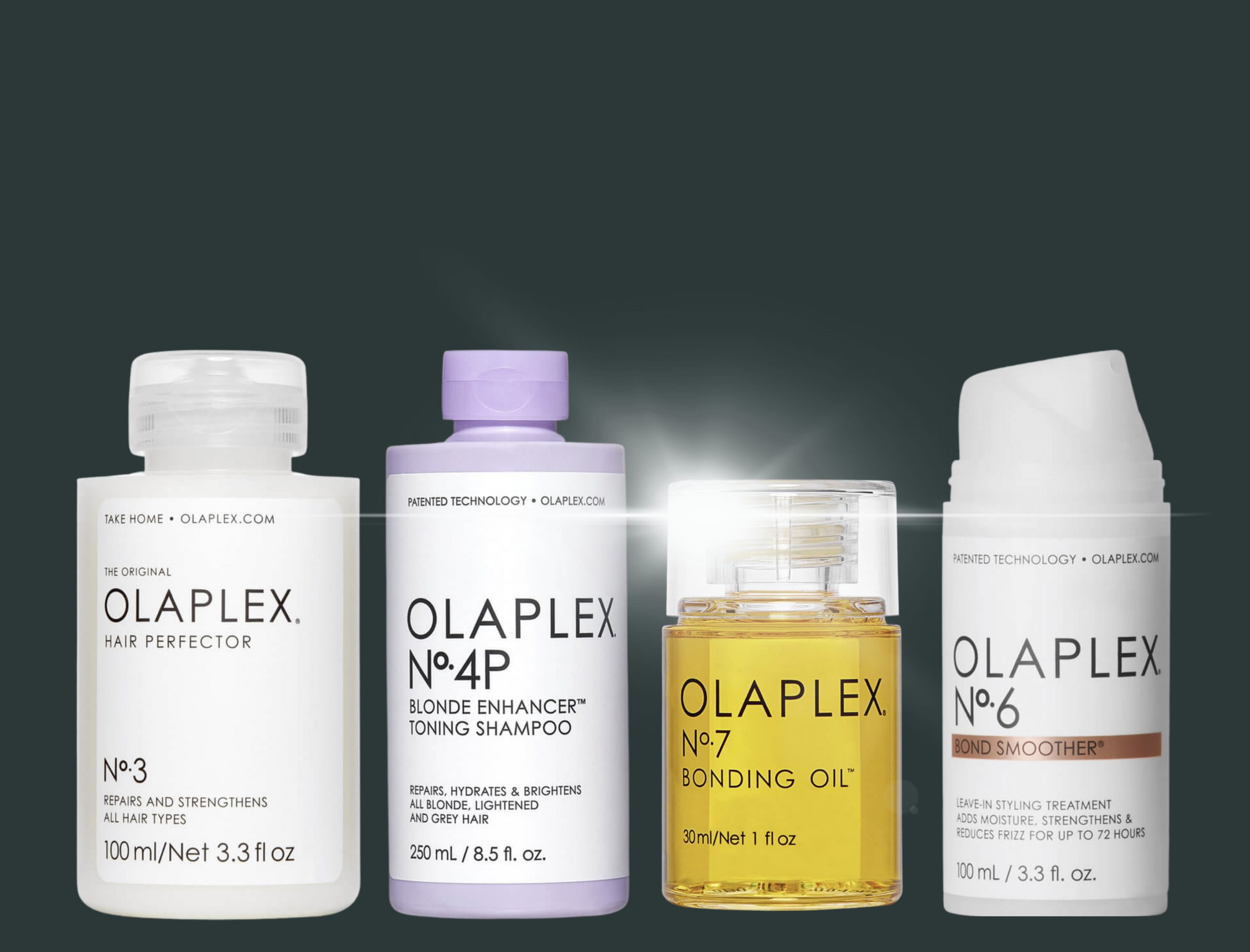


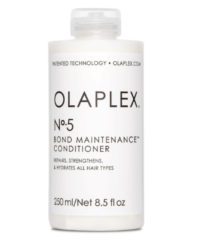
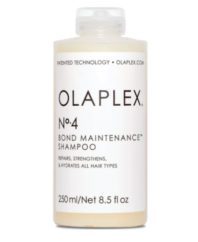
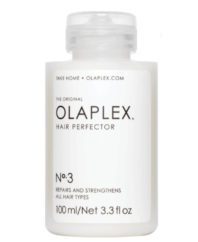
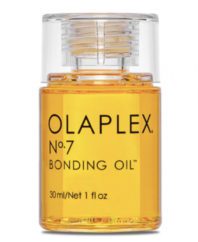

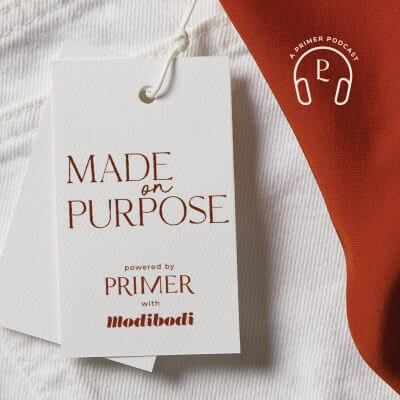


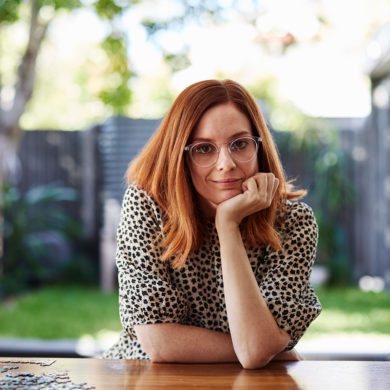

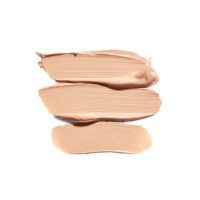
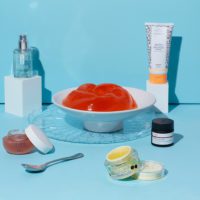
No Comments